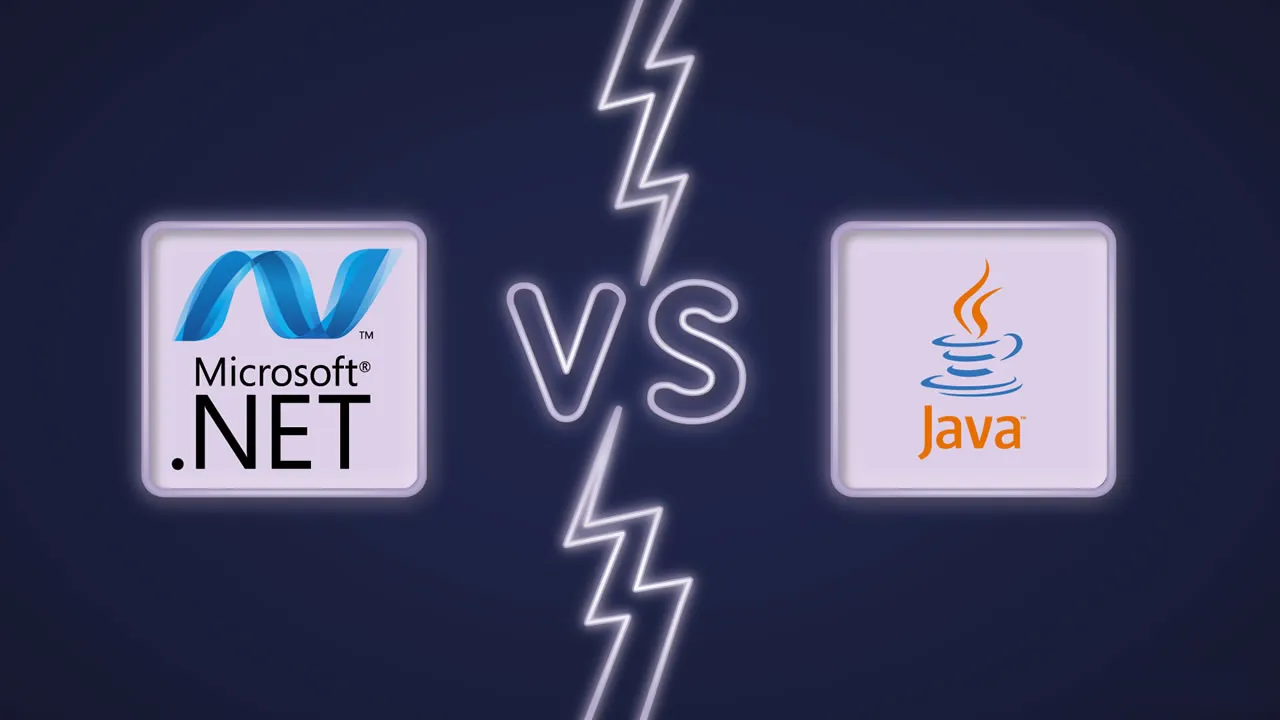Java and .NET are both widely popular programming technologies. Many businesses use them for building web apps and websites and choose one of them as their primary solution. Microsoft .NET and Java are two prominent programming languages that allow you to work on server-side and desktop applications.
Choosing one between Java vs .NET can be quite challenging. To help you make an informed decision, we have prepared the following article. You’ll learn the key points of difference between Java and .NET so you can pick the right one for your project’s requirements.
Primary Points Of Difference Between Java and .NET
The following points will help you understand the primary differences between these two more easily:
Operating System
The biggest difference between Java and .NET is that Java can run on any operating system through its compilers and JRE (Java Runtime Environment) as it follows the principle “write once, run anywhere”.
On the other hand, .NET works only on the Windows operating system and its different versions.
Integrated Development Environment (IDE)
An IDE is a software solution that gives you the necessary tools to create and test software applications. It is another significant point of difference between these two.
Support For Programming Languages
Java and .NET offer support for many programming languages. As a Java developer, you can use JavaScript, Scala, Groovy, and Clojure while as a .NET developer you can use F#, VB.NET, C#, and C++.
